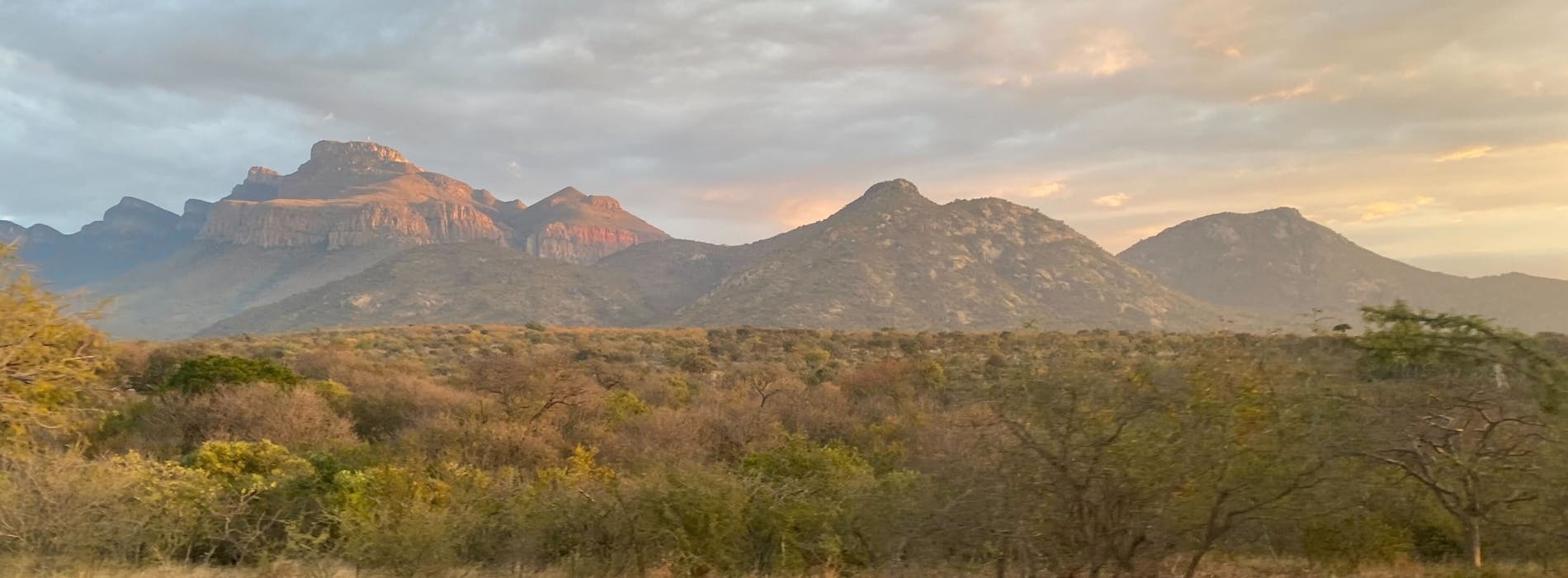WILDLIFE VOLUNTEERING: THE RED FLAGS MOST PEOPLE MISS
Learn more

Christopher McMahon and Rebecca Hayes
Country
🇬🇧 United Kingdom
Length of trip
14 Nights
Travel year
2024
We have recently returned from our volunteering trip at Vikela Kruger Conservation Experience with African Conservation Experience (ACE). ACE was amazing from the start. When you initially arrive at Johannesburg Airport, you get to chat with the ACE in-country team. We learned so much from this conversation and came to understand that our Western expectations of Africa were not quite right. This really helped prepare us for our time in Africa.
While out in the Kruger National Park, we spent a lot of time in the back of trucks where we had the opportunity to see a wide variety of wildlife, including species like elephants, giraffes, lions, and rhinos. We were even fortunate enough to spot an adder!
One of the most memorable moments of the trip was witnessing the release of an African wild dog pack back into the wild. They were being moved from one location to another safer one - it was just incredible to watch!
The project staff did an excellent job of explaining everything we encountered. Their knowledge of the wildlife, trees, and birds was impressive, and they were great at teaching us about the environment we were working in. Understanding the ecosystem added so much value to our experience, from the smallest creatures like spiders to the massive elephants.
This is completely different from a safari, as it is a lot more in-depth. You gain a much more comprehensive view of the region and its wildlife rather than just focussing on observing animals like the classic Big Five.
We got to understand how the ecosystem works together and how each animal has its part to play in that system.
Every day was filled with excitement. We usually started early in the morning, had a good breakfast, and then headed out just before sunrise. Our activities included wildlife tracking and collecting important data on species such as rhinos and large predators. We also participated in habitat restoration, which allowed us to be physically involved in conservation efforts. This involved clearing roads and removing alien plant species to ensure the area could function properly.
After returning to camp, we would relax around lunchtime to avoid the peak heat of the day. In the evenings, we had the opportunity to go on bush walks where we explored the Kruger on foot. Some days ended with night drives or additional game drives.
This project is very good at integrating the volunteers with genuine conservation work. Volunteers help out around camp, assist with conservation research, and work with other professionals out in the bush through things like controlled burns for wildfire protection.
As volunteers, we could really see how useful our efforts were every day. The work is not glamorous, but it's what people are doing on a day-to-day basis to protect the Kruger National Park. It was great to take part in this work, and not just watch.
My advice is to volunteer if you can! You never know how long these environments and wildlife will be around. By volunteering, you not only get to see them but you can also help with their conservation.






